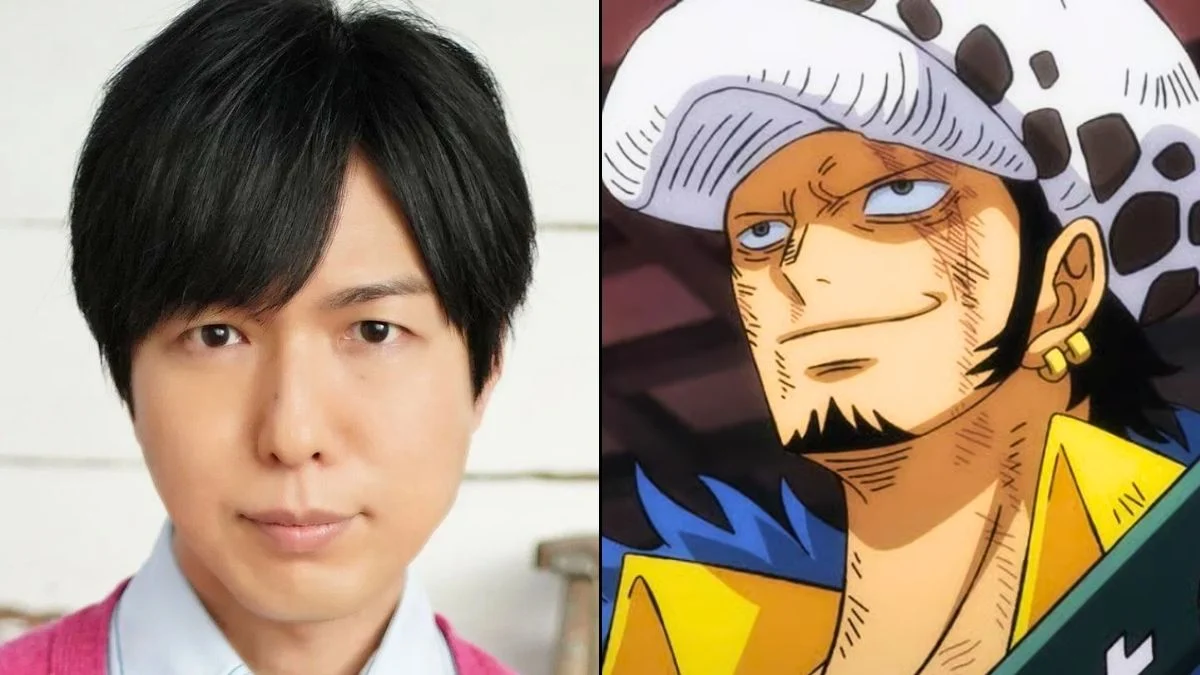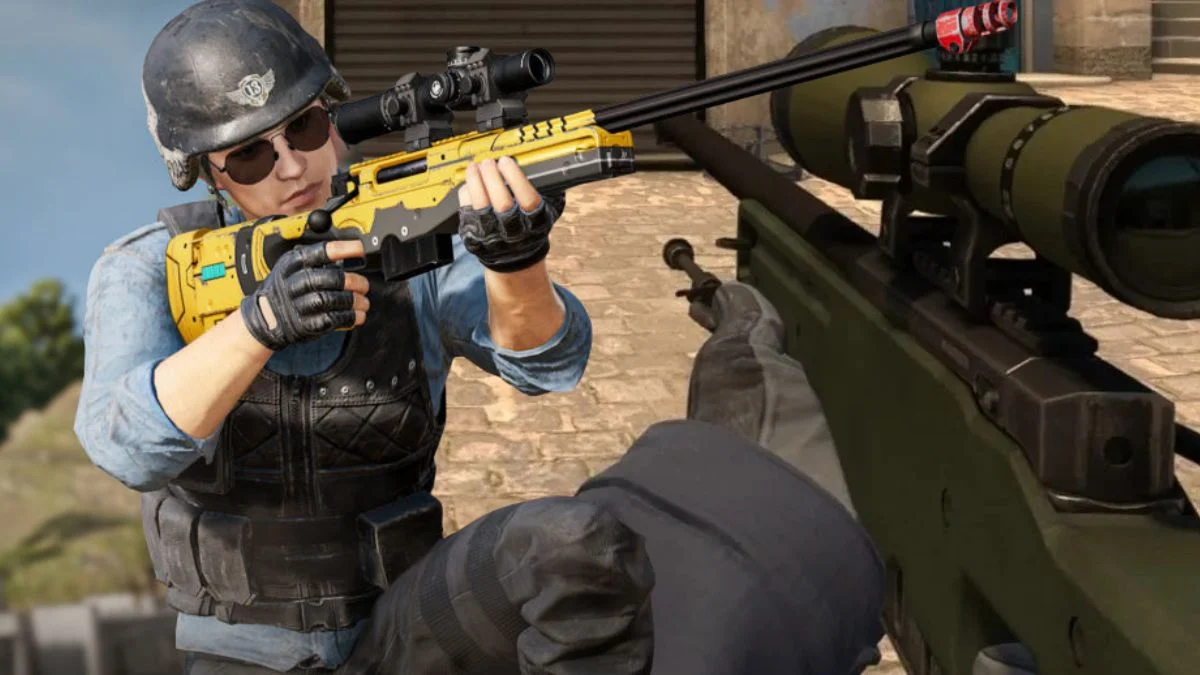From time to time I’ll recommend—not review, mind you, but recommend, and yes, there is a difference—books that I think authors should have on their shelves. Some may be new and still in print, some may be difficult to find, but all will be, at least in my humble opinion, essential texts for any author, so worth looking for.
We’ve finished reading Steering the Craft by Ursula K. Le Guin for our September group read at the Fantasy Author’s Handbook GoodReads group. By now you know I studiously worked through it, that I believe this book is an absolute must read—especially for anyone just beginning their writing journey—and that I’m posting my thoughts on it here, chapter-by-chapter, exercise-by-exercise. So, on to Chapter 4: Repetition…

All I pulled out of this chapter, in terms of words of wisdom from Ursula K. Le Guin was this…
Prose can’t rhyme and chime and repeat a beat as poetry can, or if it does it had better be subtler about it than the first half of this sentence. The rhythms of prose—and repetition is the central means of achieving rhythm—are usually hidden or obscure, not obvious. They may be long and large, involving the whole shape of a story, the whole course of events in a novel: so large they’re hard to see, like the shape of the mountains when you’re driving on a mountain road. But the mountains are there.
This is one of the many parts, or more accurately most parts, or even more accurately almost all of the parts of writing fiction that can’t be codified mathematically, algorithmically (which I suspect are the same thing) or otherwise understood without doing it, so this was definitely all about the exercises
EXERCISE 4
Part 1: Verbal Repetition
Here we’re tasked with making a character repeat themselves as much as possible. This was a bit challenging to do and once again, Pardonnez-moi l’expression…
“Fuck. Angela! How many times do I have to tell you, Angela, that those spiders are dangerous—Angela,” Harlan said, and then he kept going, his voice getting louder and louder. “Those spiders are dangerous, okay, Angela? And hey, guess what, Angela? Those spiders are expensive, Angela. Those spiders are hard to even find, Angela. Those spiders are hard to keep, Angela. Those spiders are even harder to breed, Angela. Those spiders are hard to feed, Angela. Those spiders can fucking kill you, Angela. Those spiders want to kill you, Angela. Those spiders will kill our baby or your fucking idiot fucking kid if you let them, Angela. Those spiders don’t give a shit, Angela. Those fucking spiders are fucking hard to fucking keep contained, Angela, when you fucking leave the fucking tanks open, fucking—Angela! I mean, what the fucking fuck, fucking… Angela. What the fuck, Angela? Fuck—what, Angela? What? Angela. Fuck!”
Here I was using what I lovingly refer to as “used car salesman dialog” to show Harlan’s semi-literate attempt to belittle Angela, to put her in her place, even infantilize her, by stressing her name and the all-purpose obscenity over and over again so she knows she’s stupid, irresponsible, etc. This is Harlan leaving the world of polite discourse entirely and descending into increasingly incoherent ranting and raving.
Part 2: Structural Repetition
Here we’re asked to use a single word to stress a moment, a revelation, etc. Is it cheating to go to a short story I wrote in 2016 for the repeated name at the end?
Lala in the Basement
The scream hit Maria like a wave of boiling water, washing over her face, burning her—then she realized she was the source of the sound.
It was the way it walked that ripped the sound out of her. Skin crawling around the sound, twitching at each echo pinging off the close-in concrete walls. Even in the privacy of her own thoughts she couldn’t call it a teddy bear. Teddy bears were cute, cuddly, innocent, harmless, infantile, and inanimate. This creature hadn’t been any of those things in a while.
Maria screamed again when it turned to look at her. Its eyes, just blank black buttons, glassy and cold, fell in on themselves. The buttons gave out onto an endless darkness. Opened onto the black pits of Hell itself.
A hand on her elbow—skin hot and rough—and she spun so fast she lost her footing and dropped to the damp concrete floor.
“Is it here?” the professor asked, his normally deep voice shrill. “Did you see it?”
Maria wanted to hit him for touching her like that—kill him, even, like she had with her husband when he tried to leave her. But she let him help her back to her feet.
“It’s—” she started, forcing herself to turn back to the hideous thing.
Nothing.
Dark. Empty. The smell of stagnant water on old concrete. The echoing drip of water from somewhere within and a metallic clank from the steam pipes that covered the ceiling.
“Did you see it?” the professor asked again, more calm now, his voice closer to its normal register, then, “Behind you!”
Maria spun again and fell again and it was there. A scream lodged in her throat when the creature bit deeply into Professor Karel’s inner thigh. The tear of his scrubs accompanied by the pop of teeth penetrating skin. The blood spread into the fabric fast. Maria pushed away with one foot and sobbed and her throat tightened again.
The professor screamed—Maria had never heard a man scream like that. He reached down with both hands and pushed back on the creature’s blood-drenched fur. The little half-circle ears gave no resistance.
It came off him and Maria screamed again, this time managing to call, “Lala!” Her own voice as shrill as the professor’s.
Professor Karel fell back, eyes wide and wet and seeming about to explode. Maria whimpered, knowing he was looking into the thing’s eyes—its dead black eyes that led to the Pits. And she screamed again at the blood.
It came out of him in waves, absorbing into his clothes, draining out of him so he bathed in it. He already seemed pale.
“No,” Maria coughed out then rolled onto her stomach to push at the floor with both hands to try to get away—get on her feet and run.
“It killed him,” she whimpered, though she didn’t know if that was quite true yet. Still, if it killed the professor—the man who’d created it—maybe that would be enough for it. Maybe then it would stop, go back to sleep, go back to being a toy.
Lala hadn’t said as much.
Lala seemed to know.
Lala, who Maria used to call “creepy” and even “Little Miss Satanist” when she first came to the institution.
Lala, who had warned Professor Karel, told him not to read any more of the book the dying patient, the man with the seventeen people inside him, gave him—warned him not to say the words out loud, not to follow its alchemical recipes or to bleed on it or sleep with it in his arms, cradled in bed with him.
Lala, who had warned them all then watched them die, one by one.
Lala, the patient.
Lala, the schizophrenic.
Lala, the inmate.
Lala, host for the spirit of a child murderer.
“Lala,” Maria begged when she felt the teddy bear touch her. “Lala—”
“Enough,” Lala said from above her. She sounded tired.
Maria sobbed and closed her eyes.
“This one is mine,” Lala said, and Maria screamed as Lala, the witch, started to eat her.
This is me hitting the name Lala hard to start with Maria’s conception of Lala as a protector, as the only one who knows what’s really happening while revealing the “off screen” havoc that’s happened in the institution and where the monster teddy bear came from. This was meant to set up the ending where Maria’s version of a chanted prayer turns out to be her calling out to a “false prophet” who, if anything, is worse than the possessed toy.
I will leave you to judge whether or not that worked.
—Philip Athans
Join our group on GoodReads!
Fantasy Author’s Handbook is also on YouTube!
Did this post make you want to Buy Me A Coffee…
Send me a book from my Amazon Wishlist?
Join me on Bluesky…
Get into other stuff at Substack…
Link up with me on LinkedIn…
Find me at PublishersMarketplace…
Check out my eBay store…
Or contact me for editing, coaching, ghostwriting, and more at Athans & Associates Creative Consulting or Reedsy?
As an Amazon Associate I earn from qualifying purchases.
Absolutely not one word of this post was in any way generated by any version of an “AI” or Large Language Model, and no permission is granted for the use of any of the contents of this blog in the training of AI, LLM, or other generative systems.


 8 hours ago
1
8 hours ago
1
.jpeg)





















.jpeg)













 English (US) ·
English (US) ·